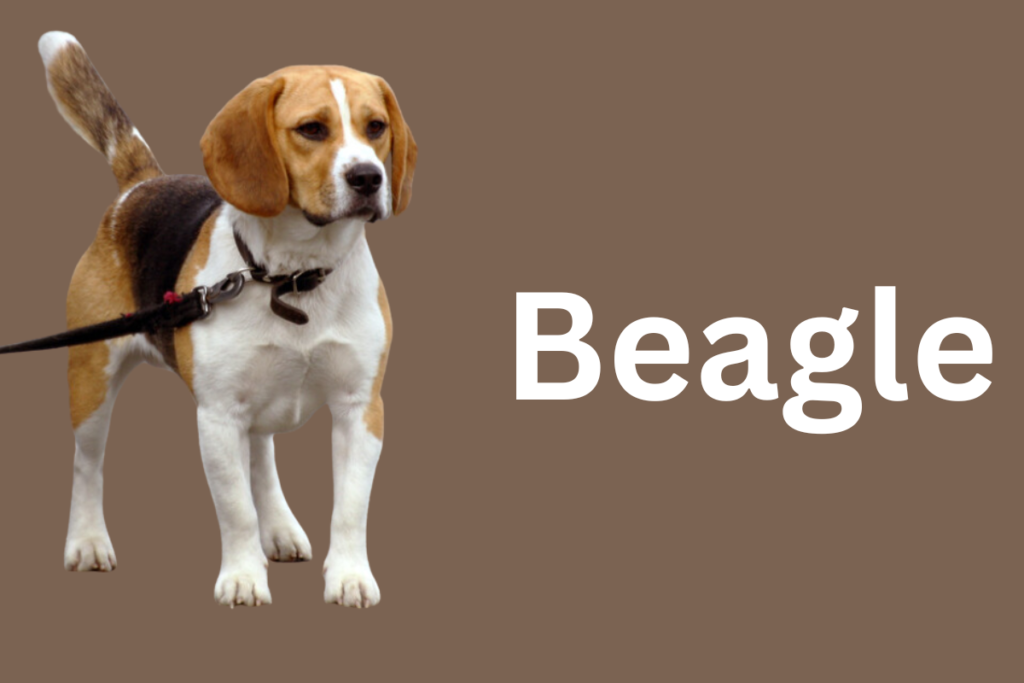Ultimate Family Dog Guide: 10 Dog Breeds You’ll Adore!
When it comes to bringing a dog into your family, choosing the right breed is essential for a happy, harmonious relationship. Each breed has unique traits like temperament, energy levels, and specific care needs, all of which can impact how well they adapt to family life, especially if you have children. Some dogs are naturally patient, gentle, and playful, making them ideal companions for kids, while others may prefer a quieter, structured environment. Choosing a breed that matches your family’s lifestyle leads to a smoother integration, less stress, and a stronger bond. Ultimately, finding a breed that fits well with your family creates a happier home for everyone involved.
The Importance of Choosing the Right Dog Breed for Your Family

Bringing a dog into your family is one of the most rewarding decisions you can make, bringing companionship, joy, and lasting memories. Family dogs provide loyal friendship, encourage bonding, outdoor activities, and shared responsibility. However, finding the right breed is crucial to ensure a smooth integration into your home, especially if you have kids. Each breed has unique traits that can impact family dynamics, so it’s important to consider factors like temperament, size, energy level, and care needs. Finding a breed that aligns with your family’s lifestyle sets the stage for a fulfilling, lifelong bond with your new furry friend.
Key Factors to Consider When Selecting the Perfect Family Dog
Here are some key factors to think about when choosing the best family dog:
Temperament
Look for a dog with a friendly, patient, and gentle disposition, especially if you have children. Breeds known for being good-natured, tolerant, and sociable are generally best suited for family life.
Energy Level
Match the dog’s energy level to your family’s lifestyle. Active families might enjoy high-energy breeds that love outdoor activities, while more relaxed households may prefer lower-energy dogs that thrive in a quiet environment.
Size
Consider how a dog’s size will impact your household. Large dogs are loving but may need more space and strength to manage, while smaller dogs are often easier to handle in apartments or smaller homes.
Grooming and Maintenance
Some breeds require frequent grooming or have specific care needs. Be realistic about the time and effort your family can dedicate to grooming, as it can impact the dog’s health and comfort.
Age
Think about whether adopting a puppy, adult, or senior dog is right for you. Puppies need a lot of training and attention, while adult dogs are often more settled. Senior dogs can make calm, loving companions but may have specific health needs.
Health Considerations
Certain breeds are prone to specific health issues. Understanding these can help you anticipate medical needs and costs, allowing you to choose a breed that fits your resources and expectations.
Compatibility with Children and Other Pets
Some breeds are naturally more comfortable around children and other pets, while others may be more reserved. Ensuring breed compatibility with your family members and pets helps create a peaceful home.
Trainability
Breeds that are easier to train and eager to please may be more suitable for families with young children. Look for breeds known for intelligence and a willingness to learn.
Lifespan and Long-Term Commitment
Dogs are a long-term commitment, so consider the breed’s typical lifespan to ensure you’re ready for the responsibility and that the dog’s needs fit your family over time.
Taking the time to evaluate these factors will help you choose a breed that integrates smoothly into your family life, leading to a joyful, fulfilling relationship with your new canine companion.
Top Family-Friendly Dog Breeds and Their Traits
Labrador Retriever

Friendly, loyal, and playful, Labradors are known for their love of children and outdoor activities. Ideal for active families who enjoy outdoor adventures.
Golden Retriever

Patient, intelligent, and affectionate, Golden Retrievers are perfect for families looking for a gentle, loving pet. They thrive in homes where they can closely interact with family members.
Beagle

Small, curious, and friendly, Beagles are wonderful with children and adapt well to both apartments and larger homes. Their affectionate nature makes them great for families with young kids.
Bulldog

Known for their calm and gentle demeanor, Bulldogs are affectionate and easygoing. They adapt well to apartment life, making them great for families looking for a lower-energy pet.
Cavalier King Charles Spaniel

Gentle, friendly, and affectionate, Cavaliers are adaptable to smaller spaces and love spending time with people. They’re a wonderful choice for families wanting a close companion.
Pug

Playful, affectionate, and highly adaptable, Pugs are well-suited for apartment living. They’re a great match for families with children, as they are patient and love family life.
Irish Setter

Energetic, friendly, and playful, Irish Setters thrive in active families who enjoy outdoor activities. They love to run and play, making them ideal for outdoorsy families.
Boxer

Protective, energetic, and gentle with kids, Boxers bond closely with their families. They’re perfect for active families who have space to play and can provide plenty of exercise.
Bichon Frise

Cheerful, small, and hypoallergenic, Bichons are perfect for families with allergies. Their small size and low-shedding coat make them ideal for apartment living.
Collie

Loyal, intelligent, and gentle, Collies are wonderful for families who value a protective, loving pet. They do best in homes with space and enjoy family involvement in their activities.
Tips for Welcoming a New Family Dog
Prepare Your Home
Create a comfortable space with essentials like a bed, food and water bowls, and toys. Remove any hazardous items, and make sure everyone agrees on where the dog can go.
Set Up a Routine
Dogs thrive on routine, so establish a schedule for feeding, walking, playtime, and bedtime from day one. Consistency helps your dog feel secure and aids in training.
Introduce Slowly
Let your dog explore their new surroundings at their own pace. Introduce family members one at a time, especially young children who may be excited. Supervise initial interactions to ensure comfort.
Teach Kids How to Interact Respectfully
Educate kids on gentle handling, respecting the dog’s space, and understanding when the dog needs a break. This helps create a safe bond between kids and their new friend.
Provide Basic Training and Socialization
Start with basic commands like “sit” and “stay.” Socialize your dog with people and other pets to build confidence and reduce anxiety.
Give Them Time to Adjust
Moving to a new home can be overwhelming for dogs, so give them time to adjust. Be patient and avoid overwhelming them with too much stimulation in the first few weeks.
Establish a Quiet Space
Create a designated “safe space” where your dog can rest and recharge, especially helpful for teaching children to respect their dog’s quiet time.
Engage in Family Bonding Activities
Take family walks, play games, and involve your dog in family routines to reinforce positive behavior and strengthen your bond.
Schedule a Vet Visit
Schedule an initial vet check-up to ensure your dog is healthy and up-to-date on vaccinations. Your vet can also advise on diet, exercise, and preventive care.
Show Patience and Love
Welcoming a new dog involves an adjustment period, but patience, love, and positive reinforcement will help your dog feel at home.
Conclusion
Bringing a dog into your family is a journey filled with joy and lifelong memories. By choosing a breed that matches your family’s lifestyle and preparing a warm, welcoming environment, you’re setting the foundation for a happy and lasting bond. A family dog not only brings warmth to daily life but also teaches children responsibility, compassion, and the joy of caring for another being. With the right breed, a little preparation, and a lot of love, your new dog can become an inseparable part of your family. Embrace the adventure, and enjoy every moment with your new best friend!

